How I turned blogging for business into the ultimate follow-up strategy
I’m often greeted with a deep breath and rolled eyes when I talk about blogging for business, because people focus on the amount, and the frequency, of work involved – as opposed to the benefits. However, in my experience, if you are strategic about blogging for business and the way it fits in with your marketing or retention activities, the return can be immense. I can honestly say that, in my case, the (most enjoyable!) work has paid off a thousandfold, as my blogging activity is included in a structure that allows me to follow up with my network in a very responsive, personalised way.
Avoid generic, bland follow-up messages
I’ve so often been in a small business group, whether it’s a table at a black-tie dinner, or I’ve been randomly introduced to a contact of a contact, or I spoke to the people to the right and left of me at a seminar etc. We strike up a conversation about the bond market , networking , branding , blogging , economics , writing a book , eCommerce or indeed lots of other topics. I politely ask for their card and after a five minute conversation, we naturally move on. The next day, it’s much easier to jog that person’s memory by opening with the line, “Dear Anne, I just wanted to follow up on the branding conversation that we had last evening with a piece I wrote on this very topic…”
Case in point: I was recently in Chicago on a business trip. Such trips mean action-packed days with back-to-back meetings, as I try to maximise my time when I travel for business. Naturally, it’s essential to “strike the iron while it’s hot” and follow up with new contacts as soon as you can, to have a chance of making a lasting impression.
In Chicago, I attended a Business By Referral event and was looking to following up with around 40 people. What was I to do? Fire off 40 emails in quick succession in between flights and transfers, at the risk of sending generic, vague messages? “Hi So-and-so it was lovely to meet you let me know if there is anything I can do for you Regards.”
Instead, I prepared a newsletter for my new contacts: I mentioned topics we had discussed at the event and included links to relevant articles on my blog. We had talked about better time management and keeping staff accountable: well, I use Trello for this and have written about it. We had mentioned the need to regularly renew your inspiration and motivation: it so happens that I wrote about that, too. Many people wanted to know about the Irish economy: well don’t I have you covered ! It took less than an hour to upload the whole contacts list to my CRM system, and to craft a value-adding, lively newsletter that gave their memory several hooks to remember me by. That’s how you can use blogging for business to great advantage: I never wonder whether it’s worth the time and effort because I’m always sending links to my articles to people who want to know more about these topics.
Never run out of business blog ideas: Answer
frequently asked questions
As the owner of a training company and an economic commentator, I find it far better to direct people towards our own proprietary articles and research , rather than point to others. This demonstrates my expertise and credibility.
As business people we often find ourselves answering the same concerns, or being asked for the same tips, again and again. I blog about those “frequently asked questions”. Then the next time somebody asks a question I’ve heard before, I can direct them to the post I wrote on the topic. That way, they can refer to it when they want to refresh their memory. And they can send the link to their contacts, too. In fact, this article is one that I know I’m going to send to hundreds of people, as I’m so frequently asked how I use blogging for business, as opposed to uploading an article and hoping the phone will ring.
Finally, if you’re trying to build some PR or get interviewed, you have a far greater chance if you tweet (or share on social media) a piece of your own content in answer to a poll or question from a magazine, newspaper, radio or TV channel. The media are constantly on the lookout for expert views on the many topics they feature every day. Showing that you have your own view, developed in a cogent article, is what distinguishes you from everybody else. After all, that’s exactly why the media might consider your view… as their own audience trusts them to make that decision.







